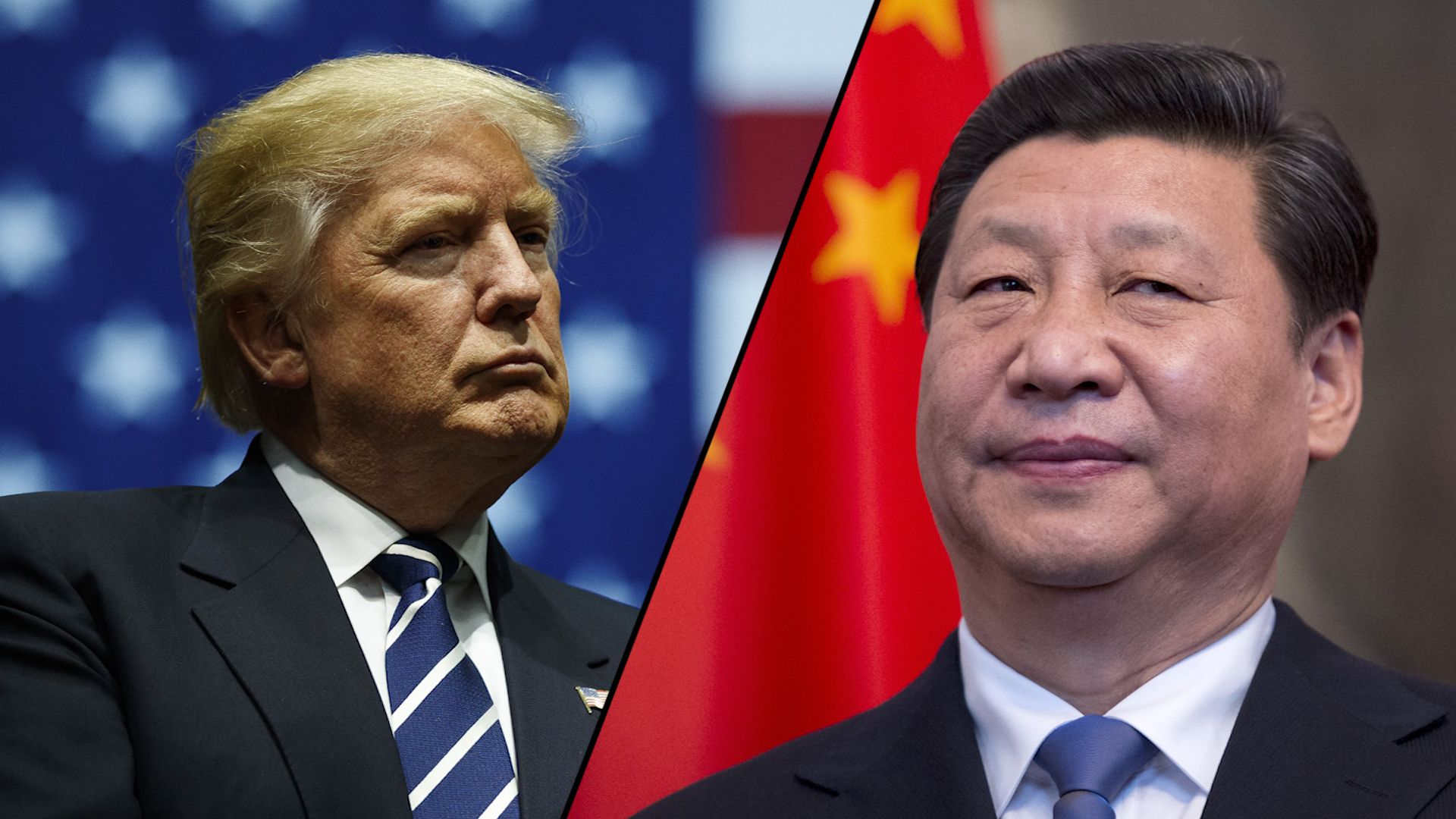The ongoing Cold War between the United States and China is no secret, despite diplomatic efforts to downplay tensions. But while military power, economic sanctions, and trade wars dominate headlines, Washington may already possess a far more potent weapon—one that has Beijing on edge.
This weapon isn’t the F-35 fighter jet or a nuclear submarine, nor is it tariffs. Instead, it is Public Law 117-263, officially known as the National Defense Authorization Act for Fiscal Year 2023, passed by the U.S. Congress in December 2022.
Among its provisions, Section 6501 is particularly alarming for Chinese President Xi Jinping. Titled “Report on the Wealth and Corrupt Activities of the Chinese Communist Party”, it mandates that the U.S. Director of National Intelligence, in consultation with the Secretary of State, publicly release a detailed report on the financial assets and corruption of China’s top Communist Party leadership.
The report would expose the immense personal wealth of figures including Xi Jinping, members of the Politburo, the Politburo Standing Committee, and regional Party secretaries—those who hold the highest levels of power within China’s ruling elite. If fully enforced, the findings could shake public confidence in the Chinese Communist Party (CCP) and destabilize Xi’s government.
Xi has long championed austerity and urged ordinary Chinese citizens to “endure bitterness” amid economic challenges. Yet, while over 600 million Chinese survive on less than $2 a day, senior CCP officials allegedly control vast wealth, hidden in overseas bank accounts, luxury real estate, and foreign business interests.
Historically, corruption has been the Achilles’ heel of communist regimes. The CCP itself rose to power in 1949 after the corruption-plagued Kuomintang government lost public support. Xi, aware of this, has aggressively pursued internal anti-corruption campaigns—yet these have often been used to eliminate political rivals rather than clean up governance.
In 2012, major U.S. publications such as The New York Times and Bloomberg attempted to report on the wealth of China’s elite, including Xi’s relatives. The CCP responded with an aggressive crackdown, forcing Bloomberg to curb its China coverage and intimidating other foreign media outlets.
However, unlike a private media investigation, the full force of the American intelligence community—with a $100 billion annual budget—could be far more difficult for China to suppress.
A report detailing CCP corruption was initially mandated for release by December 23, 2023. However, delays under the previous U.S. administration stalled its publication. With a new administration now in place, key figures such as Secretary of State Marco Rubio and National Intelligence Director Tulsi Gabbard may push for its release, escalating tensions between Washington and Beijing.
If made public, the findings could spark domestic unrest in China, fuel anti-government sentiment, and provide international leverage against Beijing. For Washington, it could be the ultimate pressure tool—an economic and political weapon that doesn’t require military action but could still shake Xi Jinping’s hold on power.
As the world watches, one thing remains clear: corruption, long seen as a natural weakness of communist systems, could become the most effective tool in America’s arsenal against China’s leadership.

